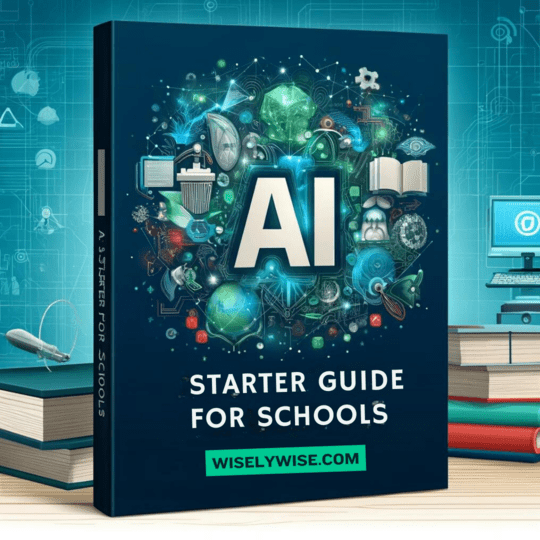AI applications in Education
Here’s the second article in the series focused on “AI in Education”. This article will delve deeper into the specific types of AI and their applications in education, continuing from the introductory overview provided in the first article.
Decoding AI: Types and Transformative Applications in Education
Welcome back to our series based on the “AI Starter Guide for Schools.” Having introduced the critical role of AI in modernizing education, let’s explore the different types of AI and how they can specifically enhance educational environments.
Understanding the Types of AI
AI can broadly be categorized into three types, each with unique capabilities and applications:
- Reactive AI: The simplest form of AI, reactive machines, operate based on predefined rules and cannot form memories or past experiences to influence decisions. In education, reactive AI can power quiz-based learning platforms, helping students master topics through repetitive practice and immediate feedback.
- Predictive AI: This AI uses historical data to make predictions about future outcomes. It’s incredibly valuable in educational settings for personalized learning. Predictive AI can analyze students’ past performance to forecast their learning outcomes and suggest tailored educational pathways.
- Generative AI: Perhaps the most exciting for education, is that generative AI can create content from scratch. It has the potential to revolutionize how educational content is developed and delivered. Teachers can use generative AI to produce customized textbooks, and interactive learning modules, and even simulate complex scientific experiments that are otherwise too costly or dangerous to conduct in a traditional classroom.
Transformative Applications of AI in Schools
The integration of AI into education isn’t just about automation; it’s about enhancing interactive learning and making education more accessible:
- Personalized Learning Paths: AI’s ability to adapt to individual learning styles and speeds makes education more effective. Each student can learn at their own pace, focusing on areas that need more attention.
- Administrative Efficiency: AI can automate time-consuming tasks like grading and scheduling, allowing educators to spend more time engaging with students.
- Preparing Students for the Future: By integrating AI into the curriculum, schools prepare students not just academically but also equip them with necessary 21st-century skills like problem-solving and technological fluency.
Join Us Next Time
Stay tuned for our next article, where we will discuss how to implement AI in your curriculum effectively. We’ll cover practical steps for integration, from initial assessments to full deployment.
Download our full “AI Starter Guide for Schools” for comprehensive insights and join us in transforming education with AI.
#AIinEducation #EdTech #DigitalTransformation #FutureOfLearning #TechInEducation #InnovativeEducation


0 Comments